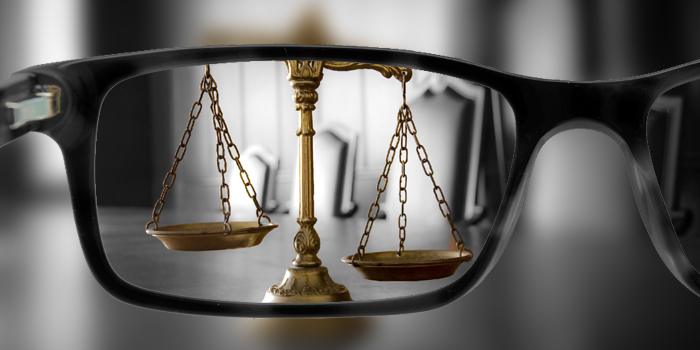For decades and in every part of the nation, mock jurors who are presented with various fact patterns and legal issues tend to have the same reactions. Some are helpful and others are harmful, depending on where you stand in the case. Knowing that these issues recur over and over can help to prevent those which are unfavorable to you:
- Why did the Plaintiff Wait So Long to Sue?
While there may be good reason to delay filing suit, mock and actual jurors often use the delay between the alleged problem and the filing of a claim as a yardstick of its merit. The longer the gap, the less credible the claim. If counsel fails to address this issue, it tends to work against the plaintiff. It is especially damaging, for example, when someone claims an issue in the workplace, but waits until they are no longer employed. To many jurors, this signals that it was the termination, separation, or voluntary departure that was the issue, not the conduct, such as discrimination, that is the subject of the complaint.
- That doesn’t Make Sense
Lawyers don’t always put their case through the basic ‘smell test’ or test of common sense from the layperson’s perspective. They skip this step at their own peril, because those are the tools most accessible to lay jurors. While the theory of the case may work for a sophisticated user, it may go over other people’s heads and not square with more fundamental questions. Jurors’ questions may and often do fall outside the strict legal requirements of verdict issues to answer – but if left unanswered for the jury, those gaps often harm the party that failed to close them.

- How much should we give them?
Without the benefit of law school, or knowledge of the law, lay jurors often have no difficulty separating causation from damages. Instead, some permit other motives, to drive a desire to award some money, whether or not liability has been proven. Therefore, it is not uncommon for mock deliberations to begin not with a question of liability but with the question, “So, how much should we give plaintiff?” A mere reading of instructions is not the remedy. Instead, defense counsel needs to pay particular attention to this possibility and address it directly – not only legally (the law requires a finding of liability before considering damages) – but in terms of messages of why it is okay not to award damages, or not okay to award them from a practical perspective.
- That may be True, but they didn’t prove it
Thankfully for some defendants, many jurors express their belief that the plaintiff is right, but accept that the plaintiff must prove its case and that the evidence does not amount to proof. Arming defense-oriented jurors to espouse this posture to defeat plaintiff-leaning jurors is always worthwhile, especially in cases that may engender sympathy for the plaintiff. “You may think the plaintiff is right or you may want the plaintiff to win, but the test is for the plaintiff to prove their case and if they do not do so, then you cannot find for the plaintiff.” This line of thinking should also be incorporated into the voir dire where available.
- It may be Legal, but it just isn’t Right
For some mock and actual jurors, the moral barometer is sufficient to find liability, regardless of the legal standard. Counsel for the defense should make sure to address this possibility. While someone may not like the law, the law is what he or she is required to follow. The subject should also be included in voir dire, e.g., “If your personal feelings are different from the legal instructions, please explain if you would have any difficulty following only the law and the evidence to reach your decision.” “If you have any religious or moral beliefs that might stand in the way of you making a decision only based on the law, and setting those aside, please let us know/raise your hand.”
Well Experienced & Skilled Professional Attorney – Focus Litigaton Consulting










Comments are closed.